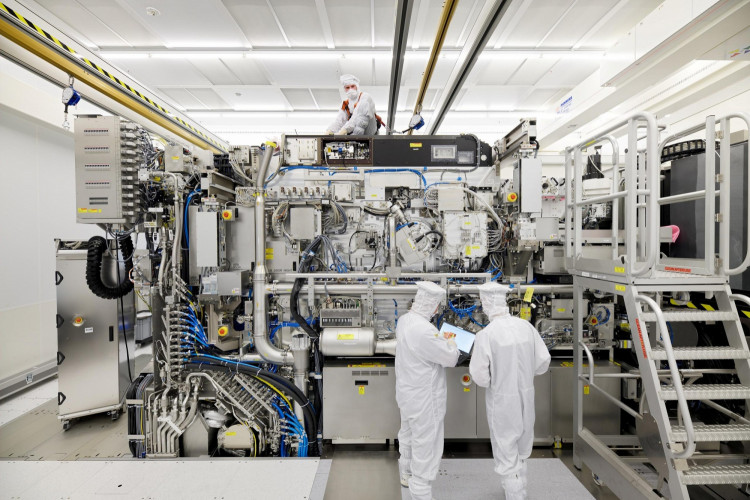The China Securities Regulatory Commission (CSRC) responded to the United States bill that required companies to seek a US license before engaging in exchanges. The bill also requires the businesses to undergo audits that would be reviewed by the Public Company Accounting Oversight Board (PCAOB).
In a statement, the CSRC manifested its strong opposition to the acts of the US. It claimed that the country is politicizing securities regulations and ignores the continuous sentiments made by the Chinese and US regulators. The CSRC also noted that both countries have exerted efforts to enhance audit oversight cooperation between nations.
The CSRC also revealed that it has been facilitating PCAOB inspections over a Chinese accounting firm in a pilot program three years ago. It also noted that it has provided specific proposals to the PCAOB for several times, suggesting joint inspections over Chinese firms since 2019.
The CSRC then called upon the US regulators to practice equal and constructive consultations between nations to result in substantial and timely conduction of join inspections on international accounting firms. The said suggestion was also claimed to be widely accepted international practices of the audit oversight methods on firms operating worldwide.
Under the Holding Foreign Companies Accountable Act, companies engaged with US businesses would have to comply with the PCAOB rules. If found non-compliant for three consecutive years, they would be delisted from US exchanges.
US firm Goldman Sachs shared its sentiments saying that the legislation would adversely affect 233 Chinese firms that operate and list in the US stock exchange. It added that these Chinese firms represent a combined market cap of 1.03 trillion USD. On top of this, Goldman Sachs also claimed that US investors hold a smaller portion of the listings with just 350 billion worth of stocks.
At present, the US Commerce Department has blacklisted 33 companies and governmental entities from trading with the US. The restriction was imposed on the ground that US-made technology was said to be exchanged without a license. The exchange was deemed a violation of national security measures of the US.
Last year, Huawei Technologies and some Chinese artificial intelligence (AI) firms were added to the trade blacklist. This may, Beijing started targeting Apple, Cisco, Qualcomm, and Boeing as a response to the imposed restrictions.
Last Friday, the Trump administration moved to block shipments of semiconductors to Huawei from global chipmakers that use US tech to develop their products. The Commerce Department then claimed that Huawei found a loophole that allows them to acquire semiconductors that are direct products of US software and technology.





